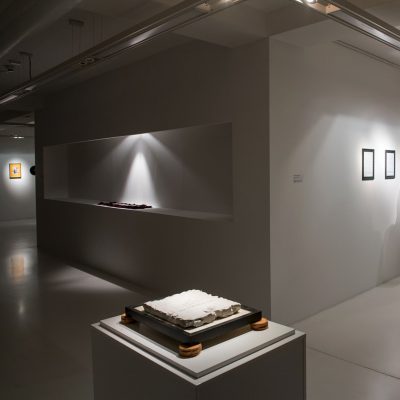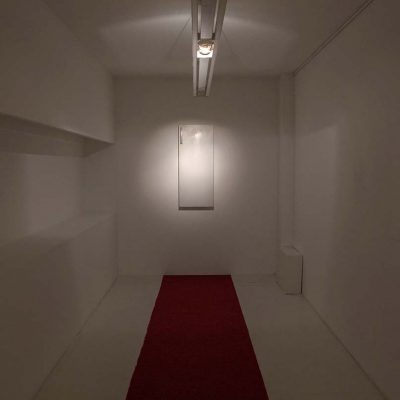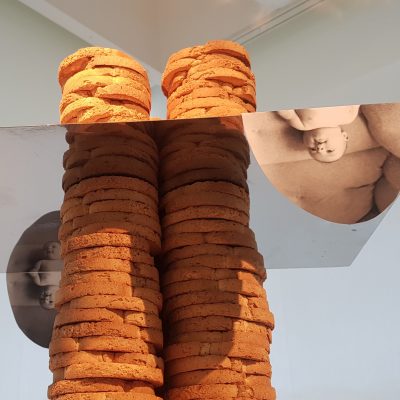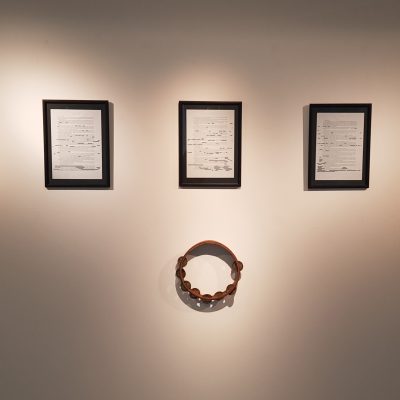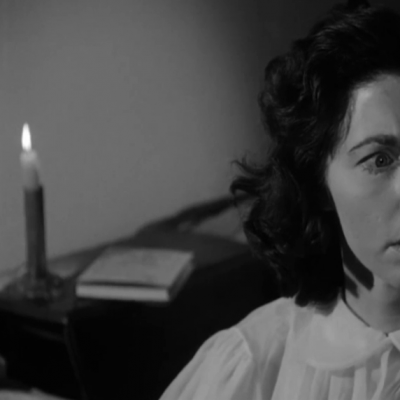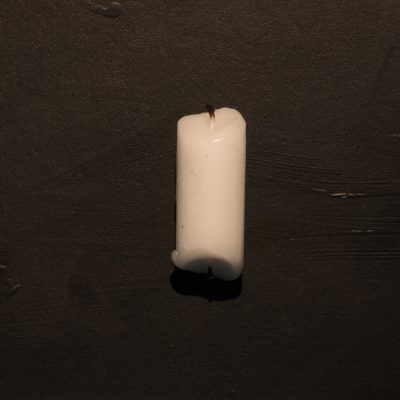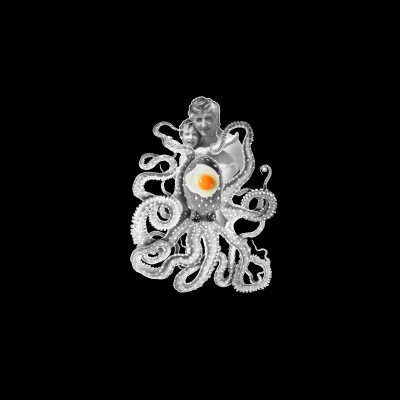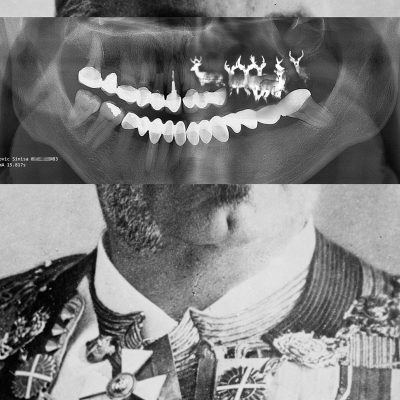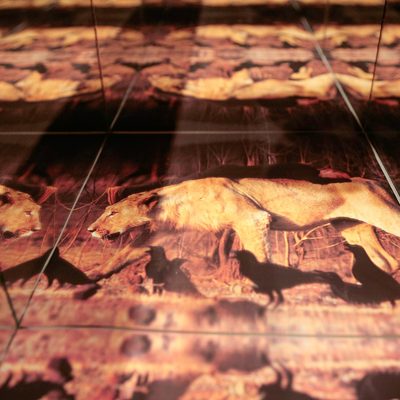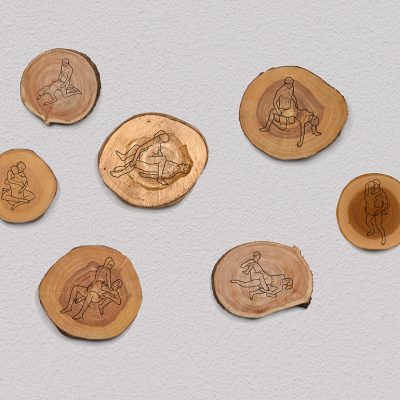Through the simple method of Q & A, 77 questions introduces the spectator to a simplified state of being in which reality, and the emotions that shape it, are clearly delineated. By gradually generating ranges of possibility and affection, this work challenges both the position and ethics of an artist in contemporary society, as well as the relationship between an individual and the many layers of infrastructure with which he or she is forced to interact.
The basic material for the video is found footage and images in the public domain: audio generators, lie detector recordings and similarly artificially produced elements. The combination of these creates an atmosphere of total alienation and dread: it issues a challenge to the hypocrisy, narcissism and lack of feeling and empathy in a world (of art) that is defined by its capitalist competitiveness
56th October Salon,September 23-November 6, 2016, Belgrade
Plaisir d’amour ne dure qu’un moment, Chagrin d’amour dure toute la vie.
The pleasure of love lasts only a Moment. The grief of love lasts a lifetime.
The grief of love lasts a lifetime. The first Autumn Salon was organised in Paris in 1903 as an antidote to the blindness of the art establishment by accepting artists who had no other place to show their work. Paintings were exhibited by, the as yet unknown, Pierre Bonnard, Henri Matisse, François Picabia, Paul Gauguin and many others. The 56th Belgrade October Salon, a distant relative of this initiative, will pay homage to this illustrious past by showing a number of artists who do not yet have an international platform for their work alongside already established artists. It will also reflect on what transient pleasure as well as grief, its opposite, signify when expressed in art today.
In 1784 Jean-Paul-Égide Martini composed Plaisir d’Amour, a classic love song based on a poem by Jean-Pierre Claris de Florian who, one of many victims of the Terror of the French Revolution, died in 1794. But Florian’s words have echoed across time to still speak in the present, both in Martini’s original arrangement and deformed into kitsch, at once eternal and fleeting. Fully aware of such historical vicissitudes and paradoxes, this October Salon will concentrate on what role emotion plays in contemporary art and how it may be framed in ways that are neither banal nor kitsch. This may include the not-so-simple pleasures of love, humour, pain, horror and any other perspectives that art may bring to bear on the fragility of human experience and life that, in themselves, may have a transient or long-lasting impact. Certain ideas will act as hubs for the exhibition that, while not being expressed by separate sections, will run like leitmotifs through different kinds of work. These are: kin, desire, nature, work, freedom and politics.
David Elliott
February 2016
more art:






